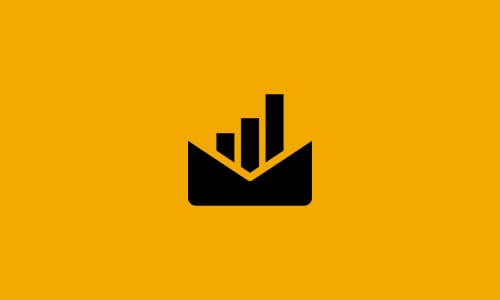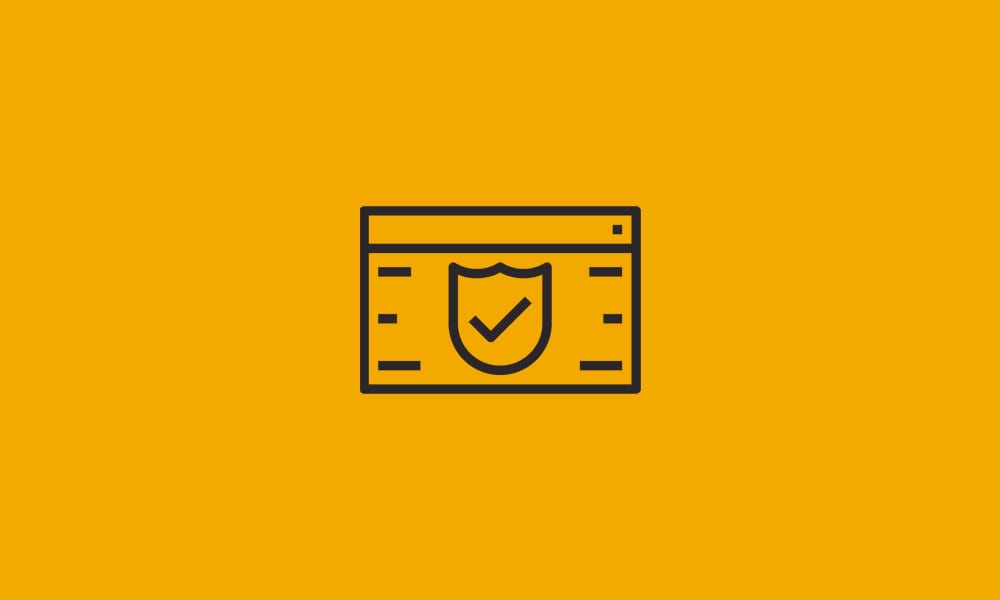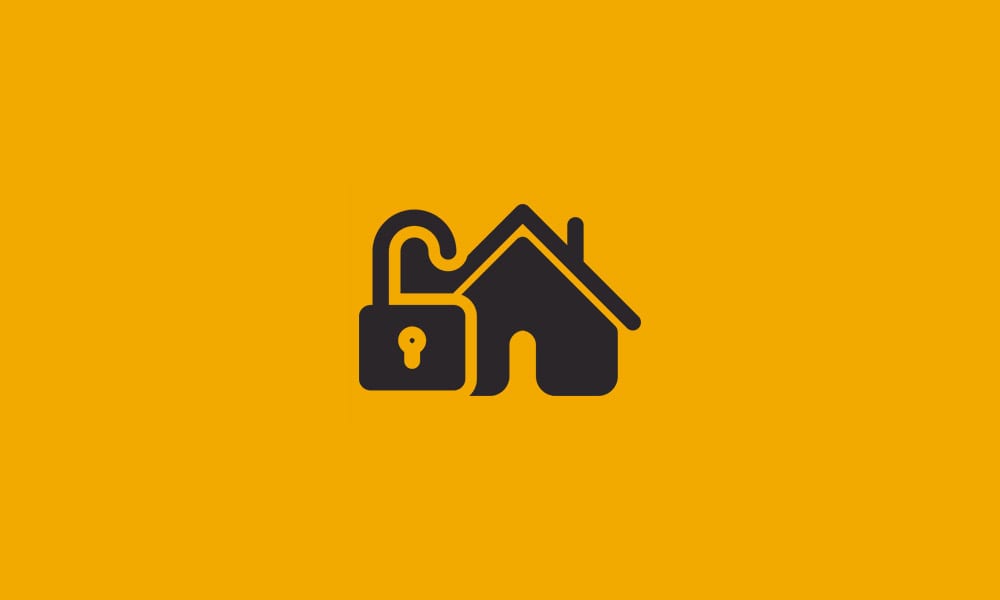Connect Mail Maintenance – Saturday March 10th

On March 10th of 2018, we will be performing maintenance on DataYard’s connect mail infrastructure. This will include performing updates to all connect mail infrastructure, including tasks that require reboots/shutdowns/service interruptions to both inbound and outbound mailing platforms. Maintenance will begin at 7:30AM EST and will be completed by 9:00AM EST. As a result of this maintenance, a few of our traditional tools […]
Keeping the Internet Safe

Earlier this month was Safer Internet Day, which is a day dedicated to creating awareness around safe internet usage mainly geared towards children and teens. I realized this topic didn’t exist when I was growing up. Think about it for a second. I am in my mid-late twenties and I have had more years with […]
February Maintenance Window – 02/16 & 02/17

On February 16th & 17th of 2018, we will be performing maintenance on DataYard’s customer infrastructure. This will include performing updates to all managed server infrastructure, including tasks that require reboots/shutdowns/service interruptions. Maintenance will begin at 3:00AM EST and will be completed by 9:00AM EST. Let us know if you have any questions, concerns, or just want to chat: […]
Securing Your Home Network

Earlier this month was Safer Internet Day, which is focused on educating and creating awareness for a safer internet. As Dayton’s only local ISP (Internet Service Provider), DataYard knows the importance of internet safety and security. While we do our part to keep the internet safe as a provider, the only one who can keep […]
